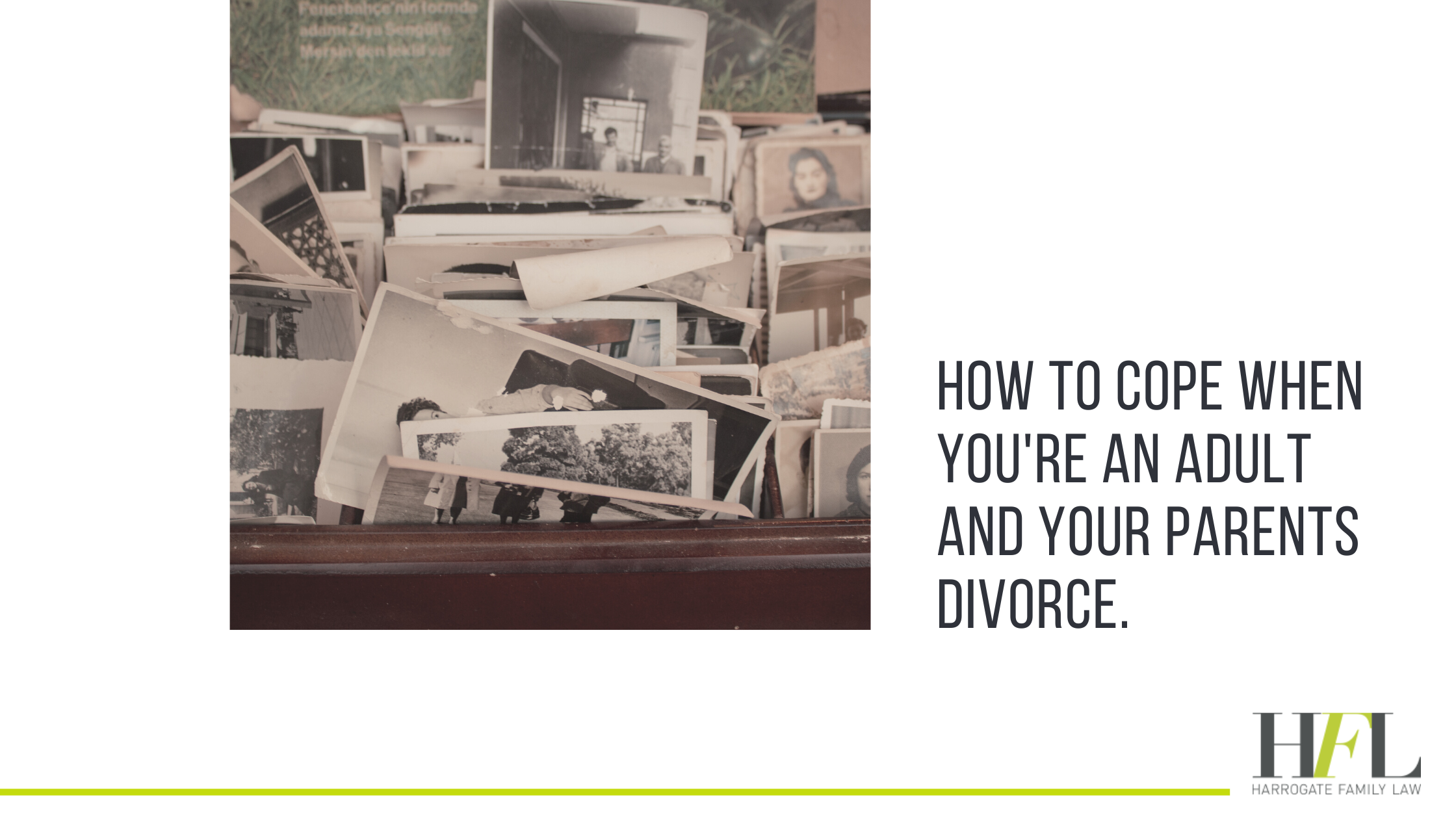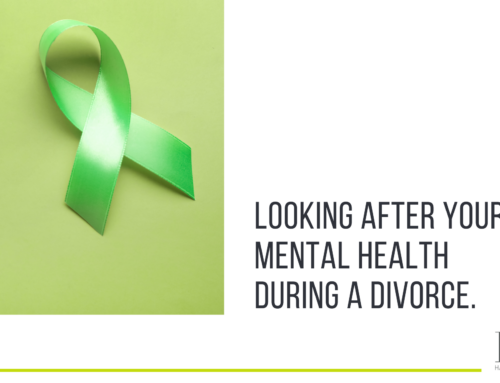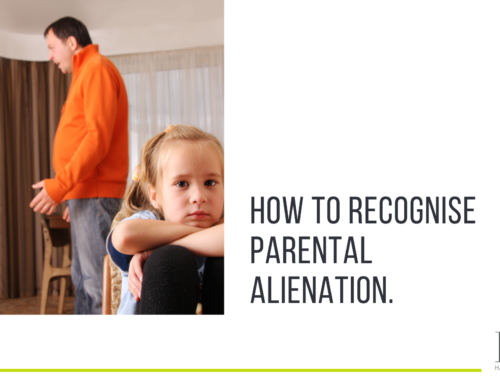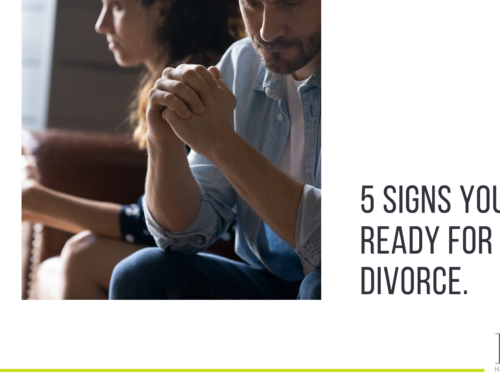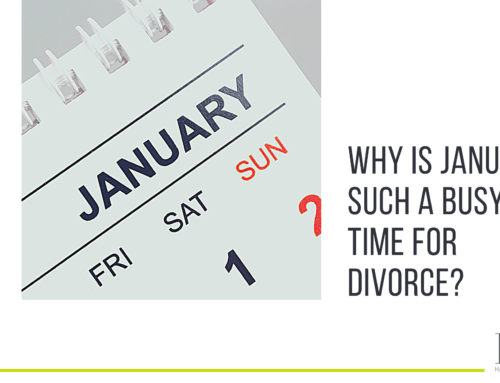Being a child of divorced parents can be difficult at any age. For very young children, it’s often a case of them adapting as they grow, learning to accept separated parents as part of their particular family dynamic. For teenagers, the transition can be a little tricker to navigate, with open and honest conversations required about what the future looks like.
But what about when your parents divorce once you’re an adult? There’s a common misconception that the impact won’t be as damaging, when in fact it can feel incredibly destabilising. Here we’re looking at some coping mechanisms that you might find useful.
Accept your emotions
For some people, their parents divorce won’t come as a shock. For others, it can come as a bolt from the blue, and leave them questioning their entire childhood and family history.
Either way, it’s a big emotional change, and one that will require a level of flexibility moving forward. It’s tempting to go about things as you normally would, allowing yourself to be distracted by daily life so that you don’t have to address how you really feel. Take the time you need to sit with your emotions, that way you’ll be able to work through it in your own way, and at your own pace.
Don’t be the go-between
Different people have different relationships with their parents. It might be that you’re closer to one parent than the other, making it difficult for you to avoid taking sides. Perhaps you’ve always been close to both parents, but the circumstances surrounding their divorce is bringing that into question (this can often be the case where adultery is a factor).
It’s possible that you’ll experience a level of role reversal, with you taking on the role of concerned adult as your parents work out their differences – it can be tough to take. Whatever the situation, don’t take on more responsibility than you need to, or that you can emotionally handle. It’s not your job to be the go-between for your parents, and nor is this something they should expect from you.
Ultimately, you need to be clear about your boundaries. In order to maintain your relationships, you being the go-between or being forced to take sides simply isn’t going to work.
Embrace the lessons you can learn
Whatever the circumstances, being a child of divorce can come with a variety of learnings that you can use in your own life. Re-evaluating what matters in your own relationship for example, and the approach you’d take when it comes to your children. There’s also the ability to be calm and objective in tough situations, and learning to listen to and look at those closest to you in a new light.
At the end of the day, whilst the experience is different for every family, like it or not it’s something that you experience together. Everyone has their own perspectives, thoughts and feelings, and it’s important to recognise that, even when feelings are raw.
Rest assured that you’ll learn to adjust, and come to accept that your parents made the best decision for them at the time. The future might look different, but using the right strategies for your own wellbeing can help you to find the positives.
If you or anyone you know needs expert legal advice in relation to their separation or divorce, contact the team at Harrogate Family Law today.

